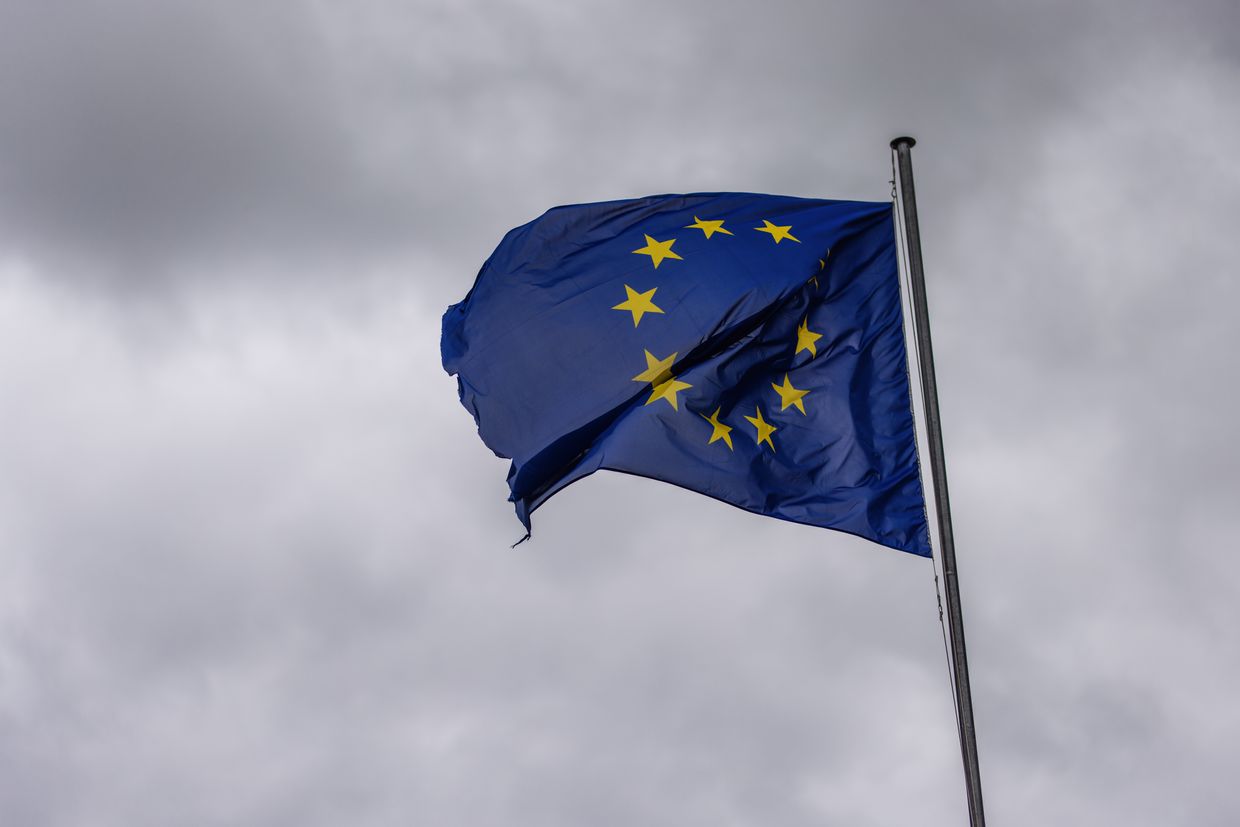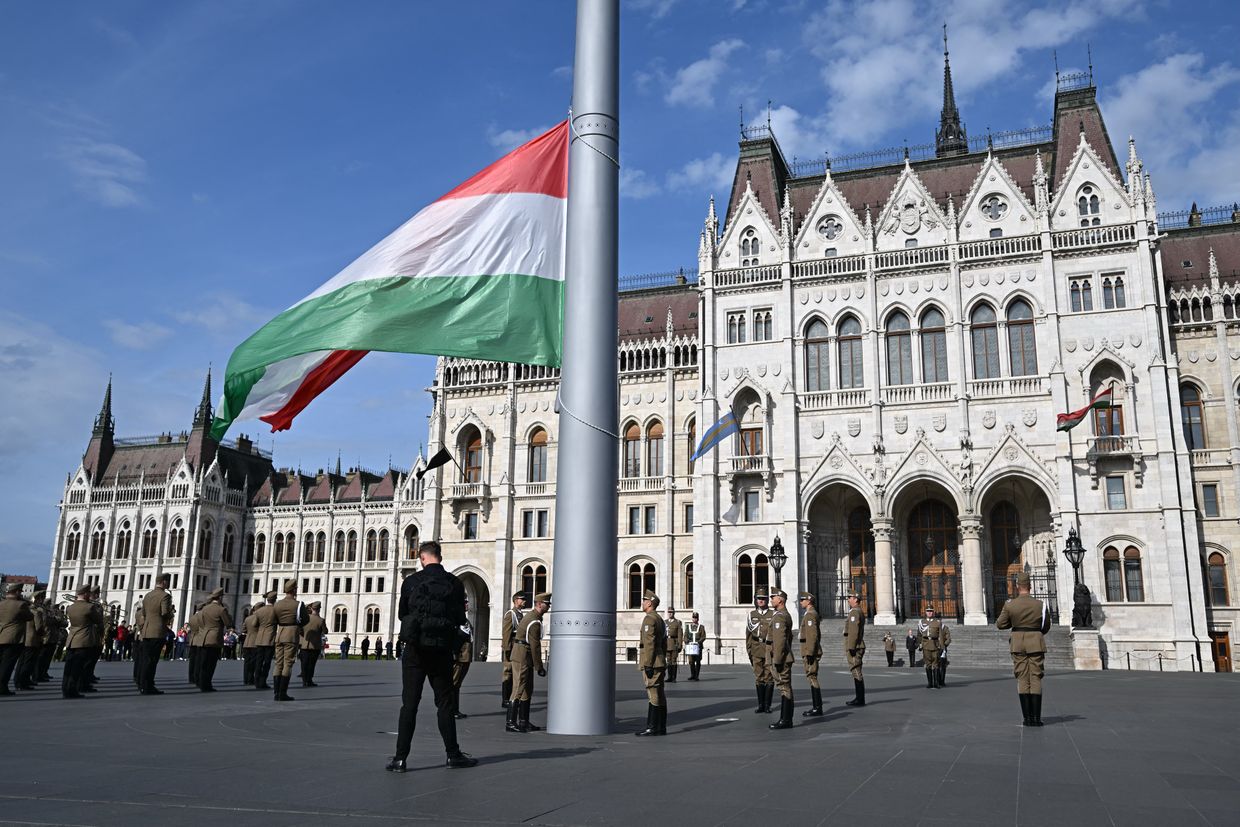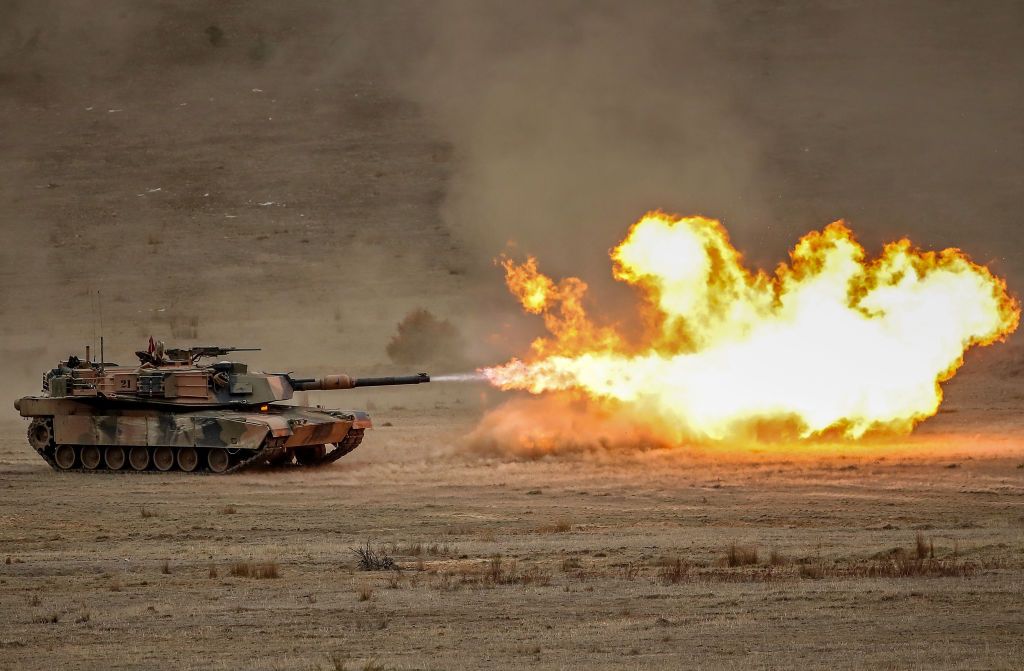The Pentagon may soon downgrade the office responsible for overseeing U.S. military policy toward Russia, Ukraine, and Eurasia, three former U.S. defense officials and two European officials told Defense News.
As part of a broader policy realignment, this office would be merged into the Pentagon's Europe and NATO office, reducing its prominence despite its critical role since Russia's full-scale invasion of Ukraine in 2022.
While no staff cuts are currently planned, the restructuring would mark a demotion for an office that helped coordinate the delivery of over $130 billion in security aid to Ukraine, roughly half of which came from the United States.
Under former director Laura Cooper, the office also played a key role in organizing a coalition of 50 countries that has met 27 times to support Ukraine. Cooper left her role in December, and the office is now led by an acting official.
The office and its Europe and NATO counterpart both report to the assistant secretary of defense for international security affairs, a role currently held by an acting official as nominee Daniel Zimmerman awaits Senate confirmation. Sources say the decision is not final, but multiple former officials view the shift as part of a larger pivot away from Ukraine under President Trump’s second term.
Current Pentagon policy chief Elbridge Colby has advocated for reducing U.S. military assistance to Ukraine to prioritize deterrence efforts in Asia.
During a February visit to NATO headquarters, Defense Secretary Pete Hegseth emphasized that European allies should take on greater responsibility for continental security, including Ukraine. "Leaders of our European allies should take primary responsibility for defense of the continent," Hegseth said.
Former U.S. officials have raised concerns that combining the offices would create an unmanageable workload for the director. David Baker, who now leads the Europe and NATO office, is reportedly fielding high interest from European governments seeking clarity ahead of the June NATO summit.
"It will be very hard for a single DASD to handle that many important [and] high maintenance countries," one former official told Defense News. Meanwhile, although intelligence sharing and previously scheduled aid to Ukraine continue, new funding has stalled. The Pentagon still has under $4 billion in authority to ship weapons to Kyiv but no funds to replenish its own stockpiles.
.png)
 German (DE)
German (DE)  English (US)
English (US)  Spanish (ES)
Spanish (ES)  French (FR)
French (FR)  Hindi (IN)
Hindi (IN)  Italian (IT)
Italian (IT)  Russian (RU)
Russian (RU)  6 hours ago
1
6 hours ago
1








Comments